Whatever your favorite legume is—black beans, pinto beans, or cannellini beans—the simple bean is a winning component in a variety of healthful meals. Beans are delicious and nutritious, and you can utilize them in a variety of ways.
Baked, refried, wrapped in delicious burritos, or combined into colorful salads with fresh veggies. But, once cooked, how long do beans keep in the fridge? Here’s everything you need to know, as well as some tips for extending their shelf life.
This post may contain affiliate links. Read my disclosure policy here.
How Long Do Beans Last in the Fridge?
Cooked beans keep in the fridge for approximately 3 to 5 days. All you need to do is allow the beans to cool before storing them in the refrigerator. You can prevent bacterial development by keeping the beans promptly and chilling them in the fridge.
Beans have a shelf life past their “best before date” when adequately preserved. You can store dried beans indefinitely, but they lose moisture after 1-2 years.
If they are older than two years from the best by date, they must be soaked and cooked longer than specified in the recommendations. On the other hand, dried beans retain all of their nutritional content as they age, which means that their shelf life is limitless.
However, beans usually have a sell-by date rather than a use-by or expiration date, like many other proteins. If your beans have such dates, the manufacturer’s advice is for optimal quality and not safety.
As a result, you can use them to enrich your favorite dishes even after the expiration date. That said, many factors influence the shelf life of beans, including the sell-by date, the method of preparation, and the way you store your beans.
Beans are categorized as legumes, not vegetables—technically seeds, but you can eat the entire pod in some cases—an excellent example is the green beans. Beans are a terrific addition to any meal because of their low cost, low fat, low cholesterol, and easy maintenance—balanced with high protein, high fiber, high vitamins, and high adaptability.
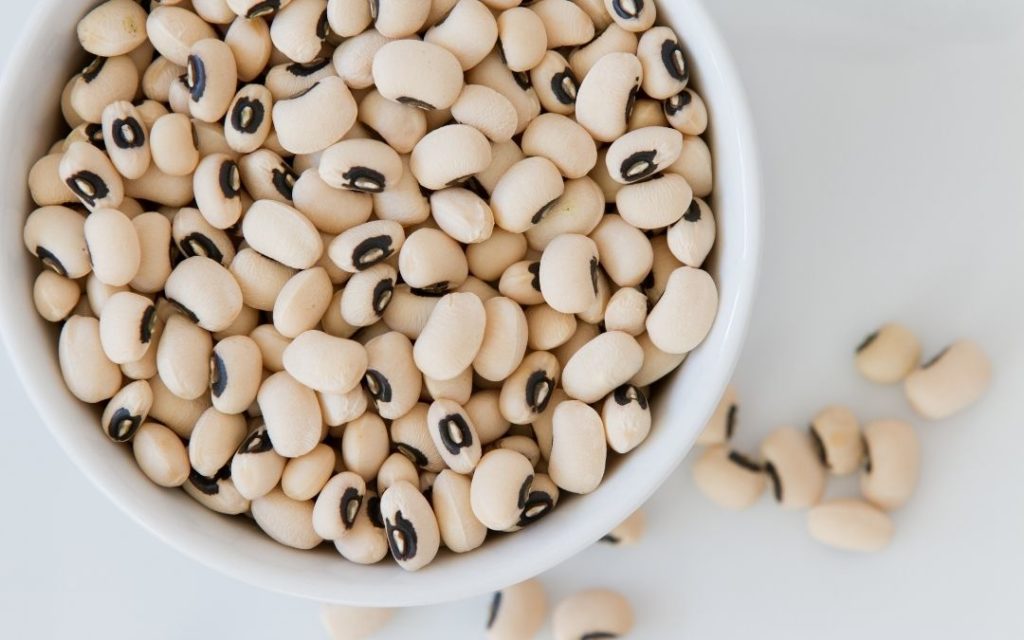
How to Make Your Cooked Beans Last
Keep beans in an airtight container if you want them to last. In comparison to wrapping a bowl in plastic wrap or covering it in foil, an airtight container will keep your cooked beans fresher and for longer.
Another excellent technique to keep cooked beans fresh is to freeze them. It’s one of the reasons they’re such a good choice for healthy meal prep. Divide them into two containers to make dinner-sized pieces that you can reheat at your leisure.
Beans will keep in the freezer for approximately a month, so keep track of the date you froze them. When you’re ready to consume your frozen beans, simply defrost the beans in the fridge overnight and heat them on the stovetop thoroughly.
Tips For Cooking Beans
Canned beans are cooked and ready to eat or added as a supplement to your favorite dish. So how do you cook your dry beans? First, you’ll need to drain and rinse thoroughly to reduce sodium and gassiness. Next, make a large batch and freeze smaller portions for later use when cooking dry beans.
- On a cookie sheet, sprinkle the beans and get rid of any broken or discolored tiny stones or beans, then rinse the remaining beans well in a dish.
- In a big pot, soak the beans—in four times the amount of water exceeding the number of beans. Leave the pot on the counter for 6-10 hours overnight, boil for two minutes, then remove from heat and set aside for an hour.
- Drain and thoroughly rinse the beans.
- Fill the pot with new water and add the beans back in. Boil the beans and skim any foam off the top.
- Reduce the heat to low and add the ingredients—cumin, coriander, chile, onion, garlic, ginger, and cook gently covered for about one to two hours until they are soft. Since vinegar, sugar, lemon, and tomato products often slow down the cooking, add them in the last 10-15 minutes.
How Long Do Canned Beans Last?
Canned beans have an extremely long shelf life, but how long can they last once the top is opened? Canned foods can be kept almost indefinitely, although the taste and nutrition may depreciate with time.
Store canned foods in a cool, dry area—reliable recommendations usually say that adequate storage will maintain the quality for two to five years. You should avoid cans that are dented, leaking, rusted, bloated, or have bulging tops.
Although you may want to keep open beans in their original can, the USDA recommends transferring them to plastic or glass containers.
This is because beans have a low acid level—slightly more perishable than other canned goods. You can store acidic foods, such as tomatoes, in the refrigerator for up to one week.
Beans add an easy and inexpensive protein boost to salsa, quesadillas, soups, and salads. Furthermore, beans are the primary source of protein in an impromptu grain bowl for lunch. If you’re prepared to put in a little more effort, you can turn beans into hummus, bean spreads, bean burgers, burritos, and falafel.
How Long Can Baked Beans Keep in the Fridge?
You can keep your baked beans in the fridge for three to four days regardless of the recipe used. However, you must make sure they’re in a tightly sealed container or, at the very least, a pot with a lid.
If the three to four days aren’t enough for you, you can freeze the surplus and defrost and cook whenever you want. That said, you can store baked beans in the freezer for up to three months.
Once you have cooked your beans, put the leftovers in the fridge and consume them within two days. When it comes to storage time and methods, homemade baked beans aren’t that different from an open container of store-bought baked beans.
How to Store Beans to Prolong their Shelf Life
If you want to prolong bean shelf life, store unwashed fresh bean pods in a plastic bag in the refrigerator crisper as this storage method keeps them fresh for up to seven days. If you will use your beans in the future, it’s best to wash them through running water before you store them. Also, you should never forget to remove the beans’ ends by snapping them off or cutting them with a knife to prevent them from rotting.
If you already have dry beans and want them to last longer, store them in your cupboard at a temperature below 75 degrees Fahrenheit. As recommended, fresh beans should be stored in an airtight container in the refrigerator, while frozen beans should be kept in the freezer.
Once cooked, you should store beans in a firmly sealed container in the refrigerator to keep out moisture and other impurities. Never refrigerate an opened can—instead, keep leftovers in an airtight container before storing them in the fridge.
If you choose a freezer-safe container, you can freeze your beans for a more extended period while retaining their flavor. Some of the advantages of efficient food storage include eating healthier, saving money on food, and helping the environment by reducing waste.
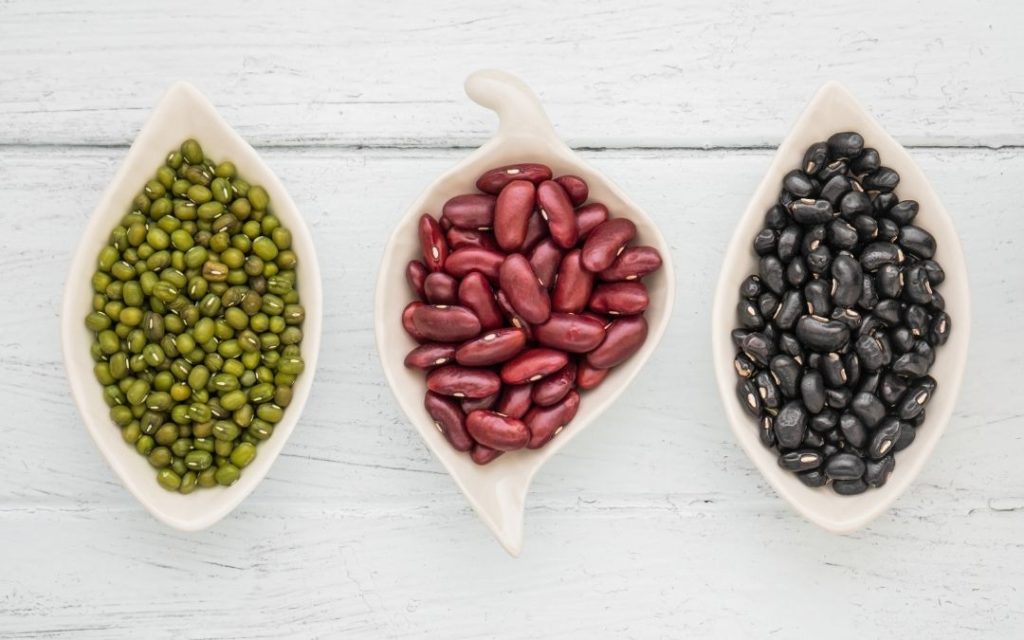
How to Tell If Beans Have Gone Bad
Your nose and eyes both play essential roles in determining whether or not beans have gone bad. A sour odor and a white liquid surrounding the bean are indications of beans gone bad.
Toss them if they have mottled skin, black patches, or apparent mold traces. There should be no peculiar odors—dried beans should not have a strong odor. If you open a bag of beans and smell a putrid odor, this could be a symptom of mold, fermentation, or bug droppings.
Proper cleanliness and food safety techniques will aid in the prevention of foodborne illness.
Of course, there are some health dangers linked with rotten meals, including nausea, vomiting, diarrhea, stomach cramps, slight fever, and weakness. So, remember to observe food safety and consume your meals before their shelf life expires.
Related Questions
1. Why Do Beans Go Bad So Quickly?
Beans expire so quickly because molds and spoilage bacteria cause them to deteriorate dramatically, with strange odors, visual degeneration, and occasionally a slimy film that forms on the food. There could be no bacteria or fungi present: Natural enzymes in all meals break them down over time, allowing them to decompose and create compost.
2. Can You Get Food Poisoning From Beans?
Yes, beans can cause food poisoning. Consuming raw or undercooked kidney beans can cause food poisoning, and symptoms of food poisoning can include nausea, vomiting, and diarrhea.
3. How Long Can Beans Sit Out After Cooking?
After cooking, beans can take up to two hours to sit out. Cooked food lying at room temperature is in the USDA’s “Danger Zone,” which ranges from 40°F to 140°F. Bacteria develop quickly at these temperatures, and the food might become unhealthy to eat. Therefore, you should only keep it out for no more than two hours.
4. What Can I Do With Old Dried Beans?
Even if you follow all of the preparation steps, dried beans will become so dry that they will not soften. If you have beans that have reached this stage, you can use them as pie weights, add them to your compost pile, or contribute them to a school or daycare as a craft material.
5. How Long Do Dry Beans Last After Expiration Date?
Although dried beans have an indefinite shelf life, they will lose moisture after 1-2 years in the pantry. If they are older than two years from the best by date, they will need to be soaked and cooked for a more extended period than specified in the recommendations.
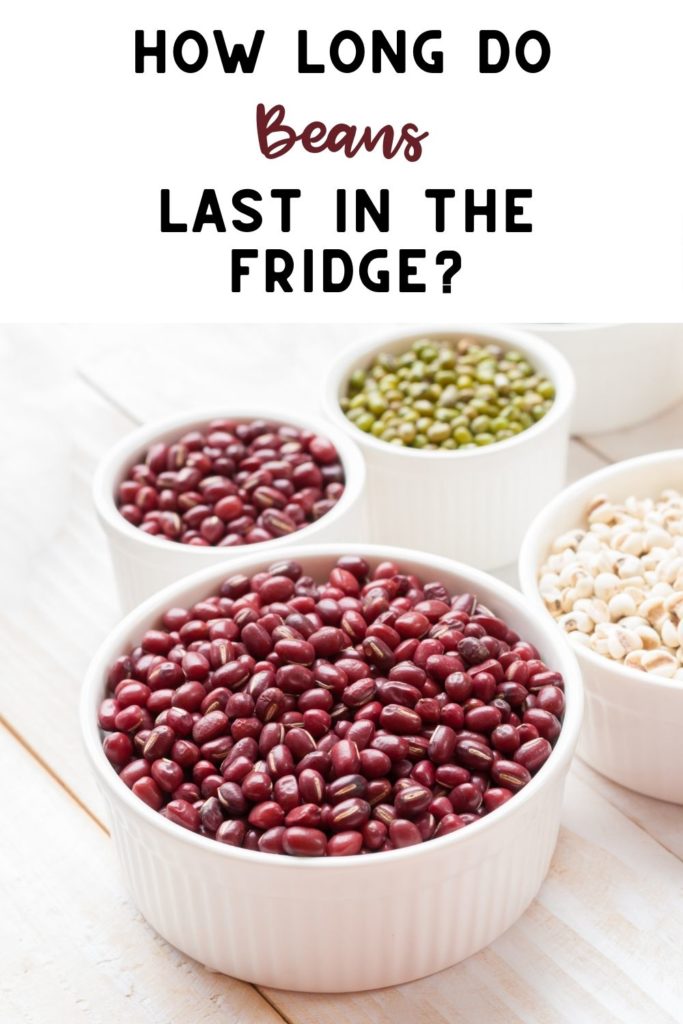

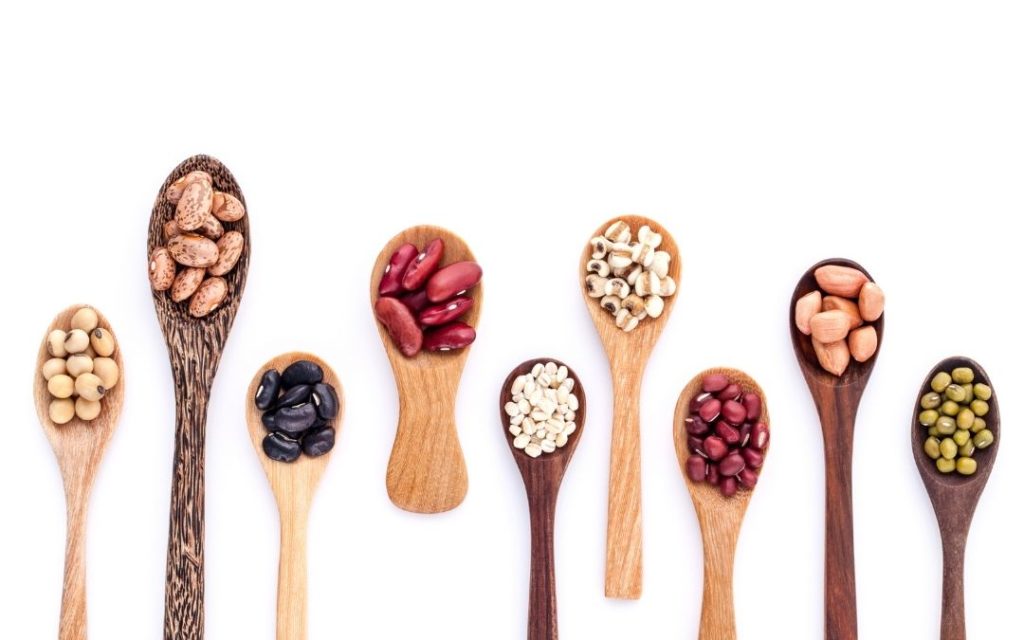

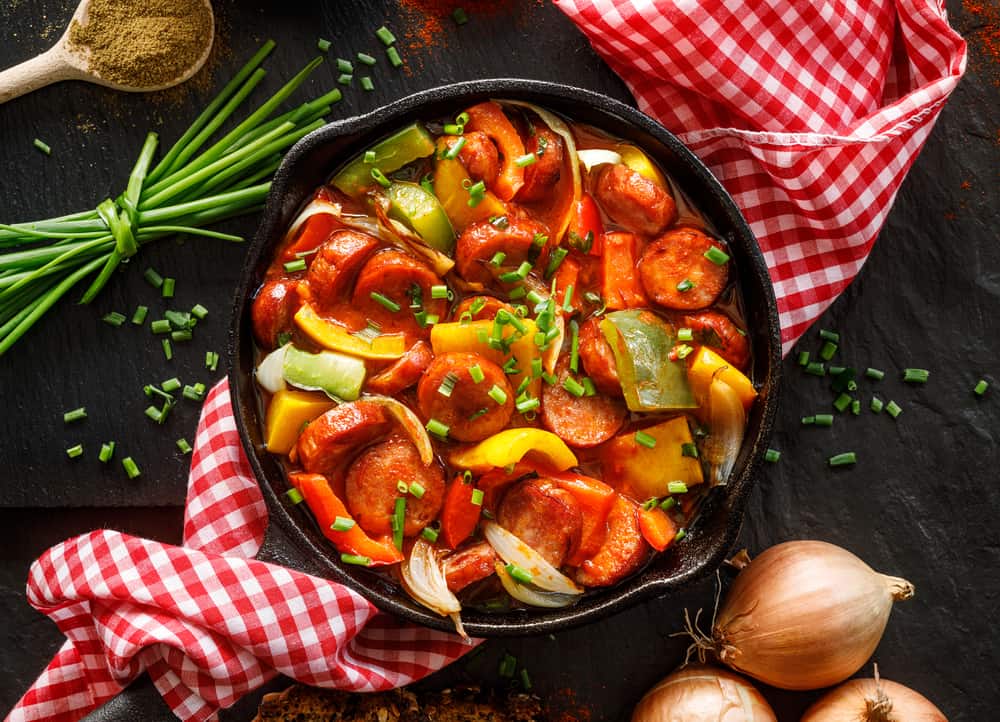
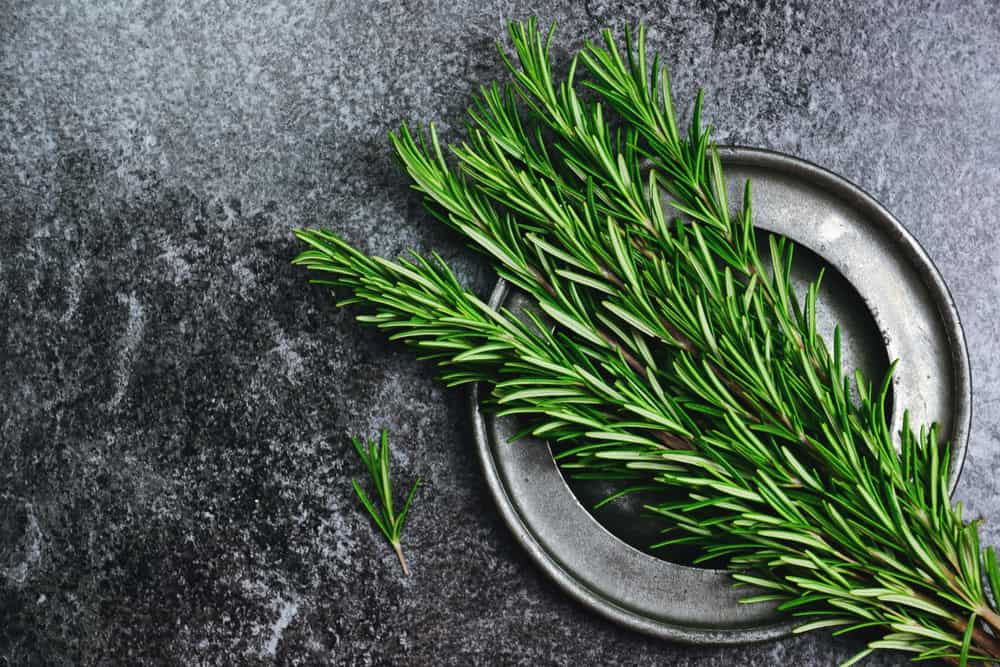
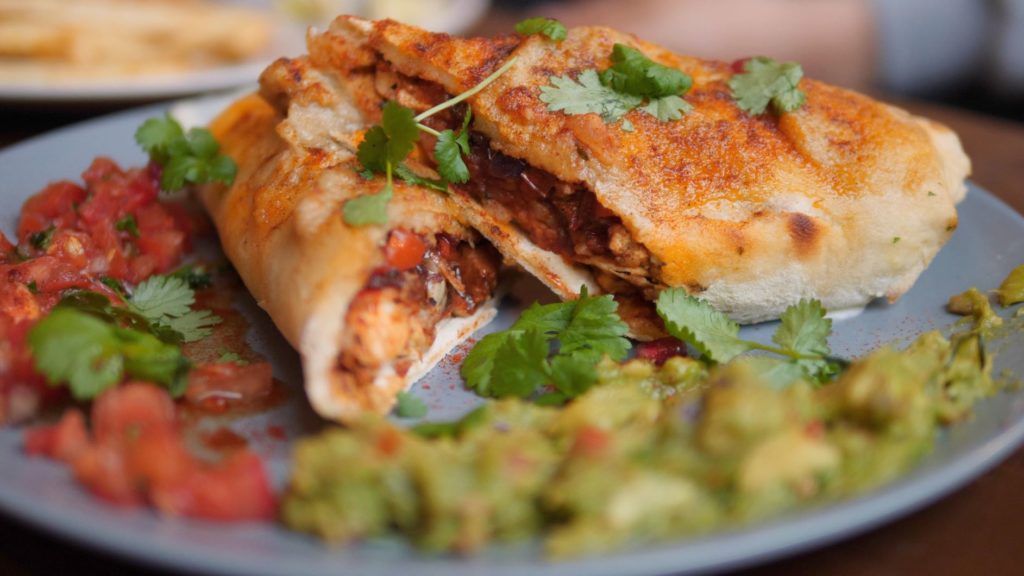
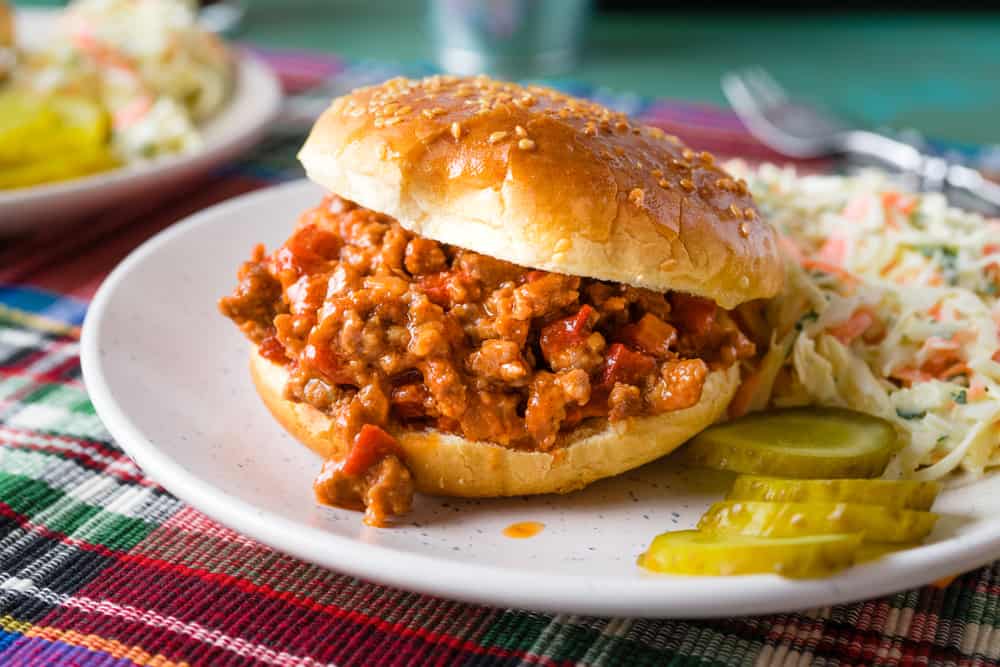
Great post.